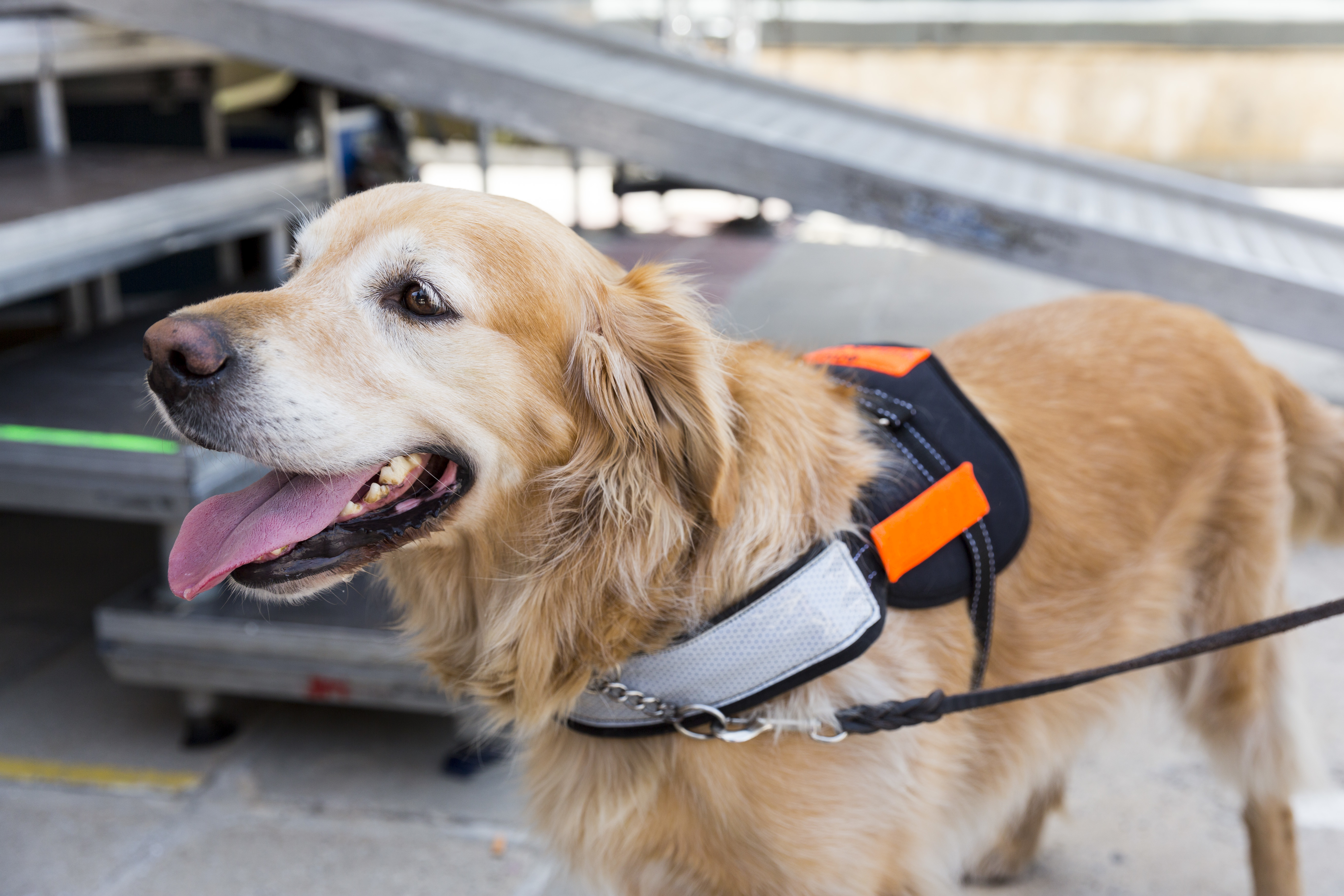As a professional community manager for the past two decades, I have seen rapid growth in the number of service animals within condominiums and community associations.
Currently, about 79.7 million households – or 65 percent of all households in the United States – include pets, and 42 percent of those have more than one pet.
While most communities have a long-established pet policy, it’s important to know that the same rules don’t apply to service animals, sometimes referred to as assistance animals.
Considering the standards for service animals are different than regular pets, here are some general things to consider when dealing with service animals.
Condominium and community associations are regulated by ADA laws, FHA laws, or both. If your community includes a place of public accommodation, such as a restaurant, equestrian facility, or swimming pool, it will be subject to Americans with Disabilities Act (ADA) and Federal Housing Administration (FHA) laws. These laws protect people and their service animals from discrimination and supersede all covenants, conditions, and restrictions. Even if your homeowner's association (HOA) has a no-pet policy, service animals for disabilities, including emotional needs, must be permitted.
Though the ADA makes a distinction between psychiatric service animals and emotional support animals, service animals, as a category, has expanded in recent years to include some emotional support animals. If the dog has been trained to sense when an anxiety attack is about to happen and take specific action to help avoid or lessen the attack, that would qualify as a service animal. However, if the dog's mere presence provides comfort, that would not be considered a service animal under the ADA. Emotional support, therapy, comfort, and companion animals need to follow the same rules as other pets. They should be on a leash or under verbal command, their owner should clean up after them, and they shouldn’t be a noise nuisance.
If someone is moving into your community with a service animal, it is perfectly acceptable to request documentation. In fact, it is encouraged as a matter of policy. If the animal truly is a service support animal, the owner should have no problem providing proof. Be clear that it is not personal, just procedure.
In most cases, condominiums and community associations are required by law to allow service animals, but there are rare occasions when you can deny them – when continuous barking during an association meeting causes disruption, for example. There may always be people out there who are trying to exploit the system. However, leaping to conclusions about the real status of a pet could have devastating consequences for both the requestor and your association.
By following the spirit and letter of the FHA and ADA, your association will ensure the disabled are able to enjoy the lifestyle and amenities offered by your caring and inclusive neighborhood.
No matter your personal opinion or condominium/community association policy, remember that laws protecting service support animals override other rules. Be understanding and fair and have HOA guidelines for dealing with these animals.

By CAMS - Wednesday, July 11, 2018

